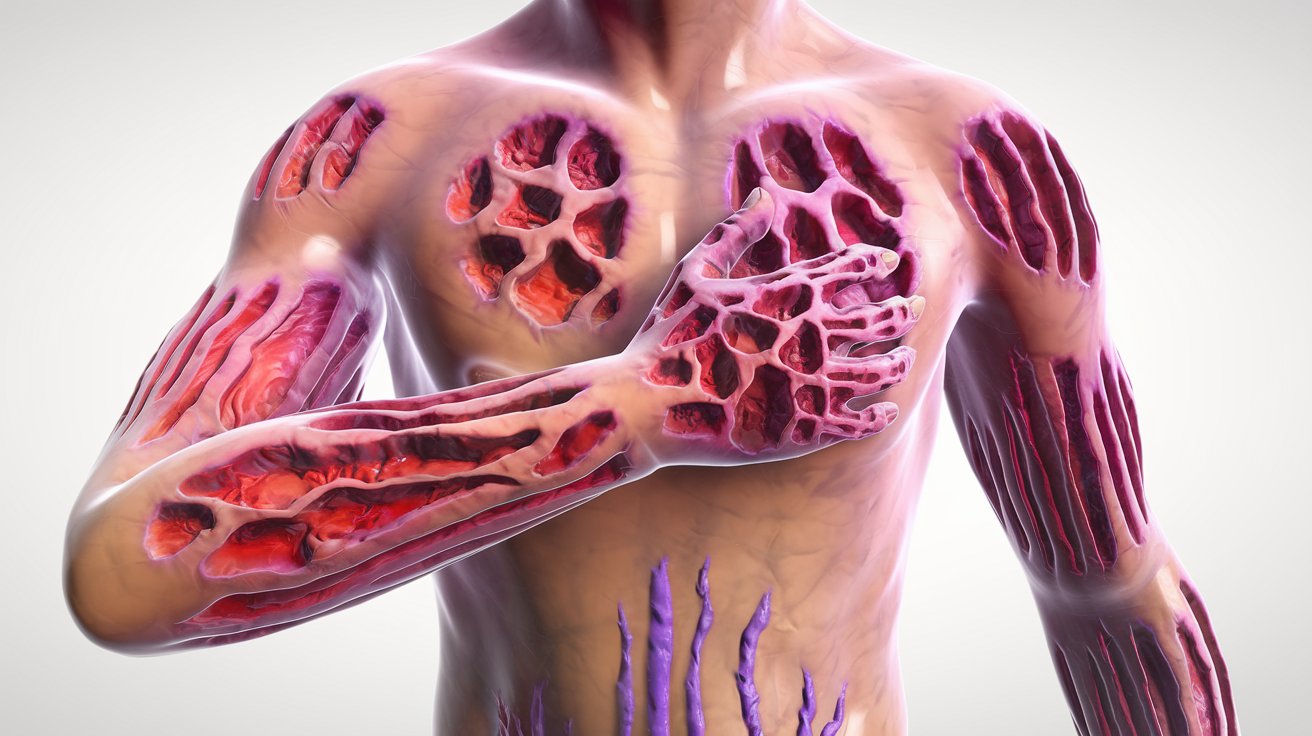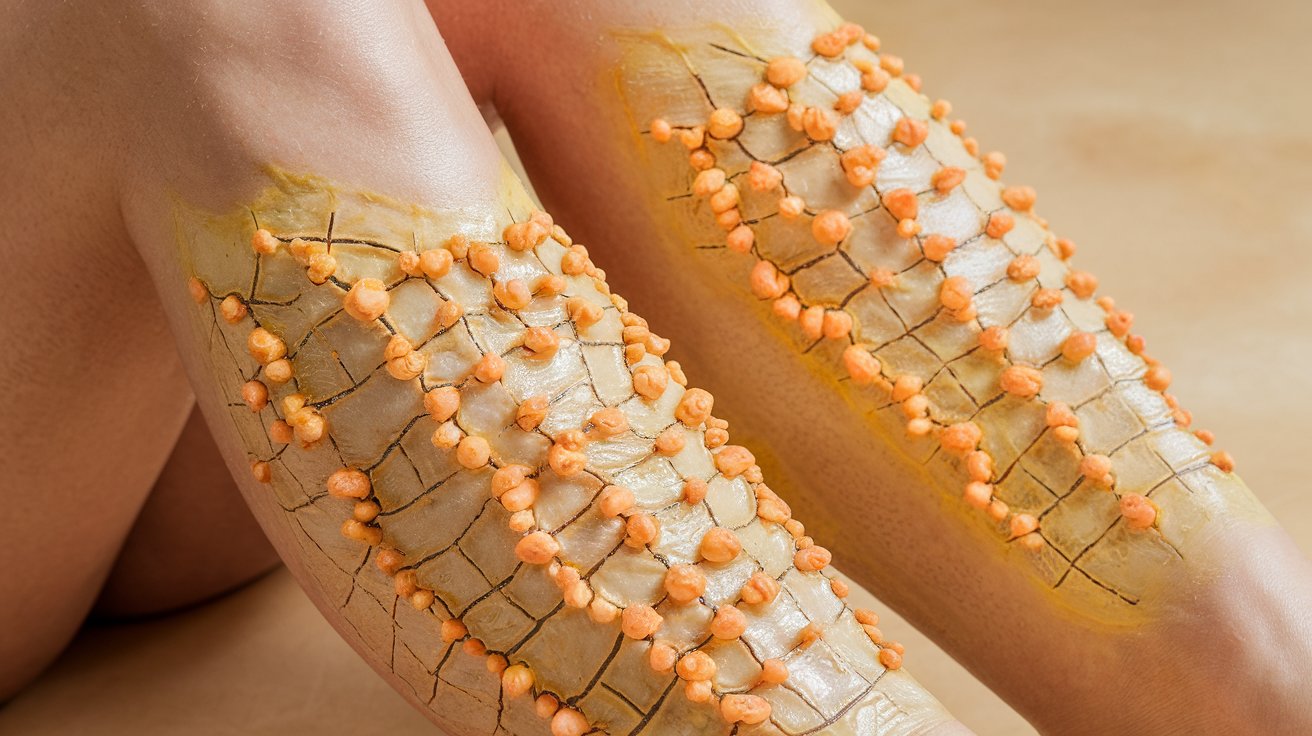
Hagemoser–Weinstein–Bresnick Syndrome (HWS) is a rare genetic disorder that affects brain and body development. Caused by mutations in the POGZ gene, this condition leads to a variety of symptoms including intellectual disability, physical abnormalities, and developmental delays. With only a handful of documented cases, HWS remains largely unknown to many. Individuals with HWS often face challenges such as delayed speech, motor skill issues, and medical complications like heart defects and vision problems. Understanding HWS involves recognizing its unique symptoms, diagnostic criteria, and available treatment options. Early intervention and supportive care can significantly improve the quality of life for those affected.
What is Hagemoser–Weinstein–Bresnick Syndrome?
Hagemoser–Weinstein–Bresnick Syndrome (HWS) is a rare genetic disorder that affects various aspects of development. Named after the doctors who first described it, this condition involves a unique set of symptoms and challenges.
-
Definition and Etiology: HWS is caused by mutations in the POGZ gene, which plays a crucial role in brain and body development. These mutations lead to a variety of developmental and physical anomalies.
-
Prevalence: HWS is extremely rare, with only a few documented cases. Its exact prevalence remains unknown due to its rarity and limited reporting.
Symptoms of HWS
Individuals with HWS exhibit a range of symptoms that can affect their daily lives. These symptoms often include intellectual and physical challenges.
-
Intellectual Disability: A common feature of HWS, intellectual disability can significantly impact cognitive abilities, making learning and daily tasks difficult.
-
Physical Abnormalities: Physical features often include facial dysmorphia, such as a prominent forehead and short nose, along with other atypical characteristics.
-
Developmental Delays: Delays in speech, motor skills, and overall growth are typical in those with HWS.
Communication and Motor Skills
Communication and motor skills are often impaired in individuals with HWS, affecting their ability to interact and move effectively.
-
Speech and Language: Delayed speech and difficulty articulating words are common, leading to communication challenges.
-
Motor Skills: Delays in achieving milestones like walking and running are frequent, requiring additional support and therapy.
Medical Complications
HWS can lead to various medical complications that require ongoing management and care.
-
Heart Defects: Heart issues, ranging from minor to severe, are common and may need surgical intervention.
-
Vision Problems: Vision impairments such as nearsightedness or farsightedness can also occur, necessitating corrective measures.
Diagnosing HWS
Accurate diagnosis of HWS involves a combination of clinical evaluation and genetic testing.
-
Genetic Testing: Identifying mutations in the POGZ gene through genetic testing is crucial for diagnosis.
-
Diagnostic Criteria: Diagnosis includes intellectual disability, physical abnormalities, and developmental delays, confirmed by genetic testing.
Treatment and Interventions
While there is no cure for HWS, various treatments can help manage symptoms and improve quality of life.
-
Treatment Options: Interventions like speech therapy, occupational therapy, and physical therapy are essential for managing symptoms.
-
Speech Therapy: Speech therapists work with individuals to improve articulation, vocabulary, and overall communication skills.
-
Occupational Therapy: This therapy helps develop daily living skills, such as dressing and feeding, to enhance independence.
-
Physical Therapy: Tailored exercise programs designed by physical therapists can improve motor skills and physical function.
Support Systems and Research
Support systems and ongoing research play vital roles in managing HWS and improving outcomes for affected individuals.
-
Support Systems: Families benefit from counseling services to cope with the emotional challenges of caring for someone with HWS.
-
Research and Awareness: Ongoing research aims to understand the genetic mechanisms of HWS, while increased awareness helps families and healthcare providers manage the condition better.
Prognosis and Quality of Life
The prognosis for individuals with HWS varies widely, depending on the severity of symptoms and the effectiveness of interventions.
-
Prognosis: While there is no cure, early intervention and supportive care can significantly improve quality of life.
-
Quality of Life: With appropriate therapies and support, individuals with HWS can lead fulfilling lives despite their challenges.
-
Future Directions: Continued research and awareness efforts are essential for improving the lives of those affected by HWS, offering hope for better management and potential treatments in the future.
Final Thoughts on Hagemoser–Weinstein–Bresnick Syndrome
Hagemoser–Weinstein–Bresnick Syndrome (HWS) is a rare genetic disorder with a wide range of symptoms, from intellectual disability to physical abnormalities. Caused by mutations in the POGZ gene, HWS affects brain and body development. Individuals with HWS often face challenges like delayed speech, motor skill issues, and medical complications such as heart defects and vision problems. Diagnosis involves genetic testing and identifying clinical features. While there's no cure, treatments like speech, occupational, and physical therapy can improve quality of life. Support systems and ongoing research are crucial for managing this condition. Early intervention and awareness can make a significant difference for those affected by HWS. Understanding and addressing the unique needs of individuals with HWS helps families and healthcare providers offer better care and support.
Was this page helpful?
Our commitment to delivering trustworthy and engaging content is at the heart of what we do. Each fact on our site is contributed by real users like you, bringing a wealth of diverse insights and information. To ensure the highest standards of accuracy and reliability, our dedicated editors meticulously review each submission. This process guarantees that the facts we share are not only fascinating but also credible. Trust in our commitment to quality and authenticity as you explore and learn with us.


